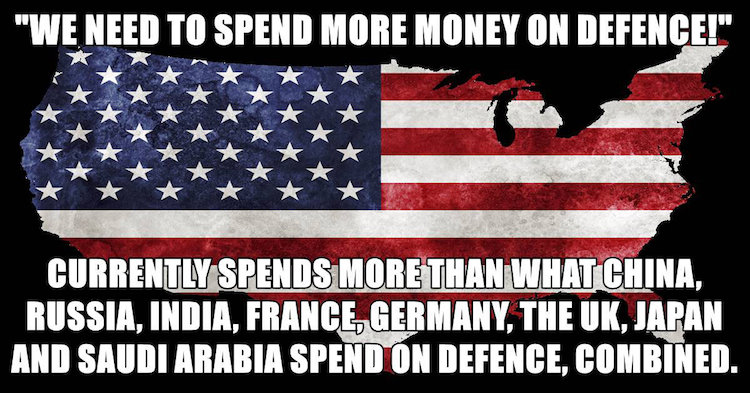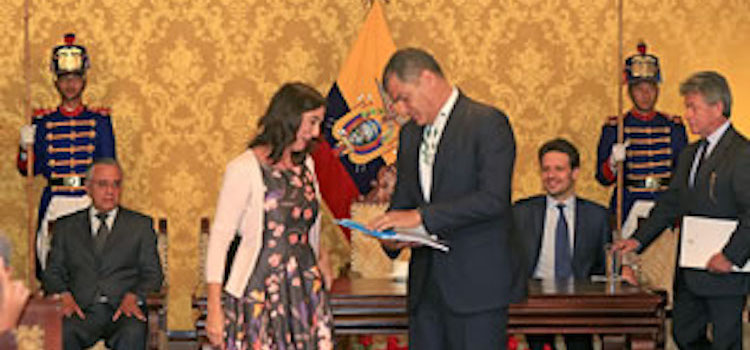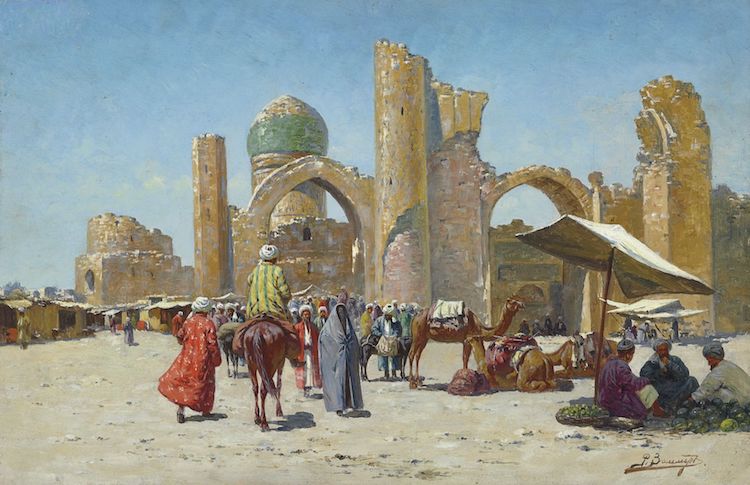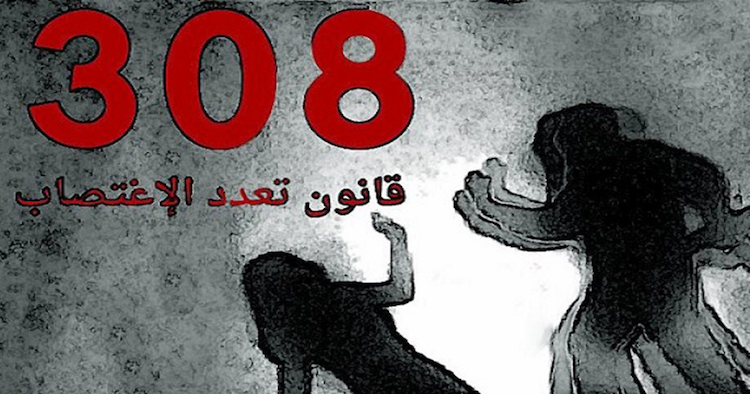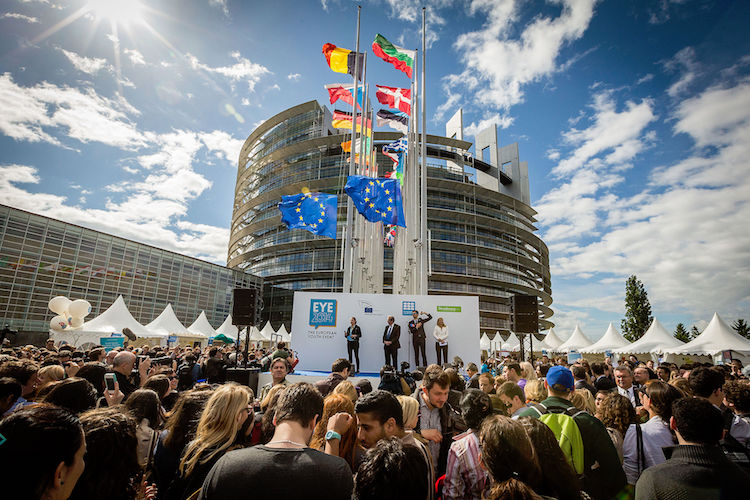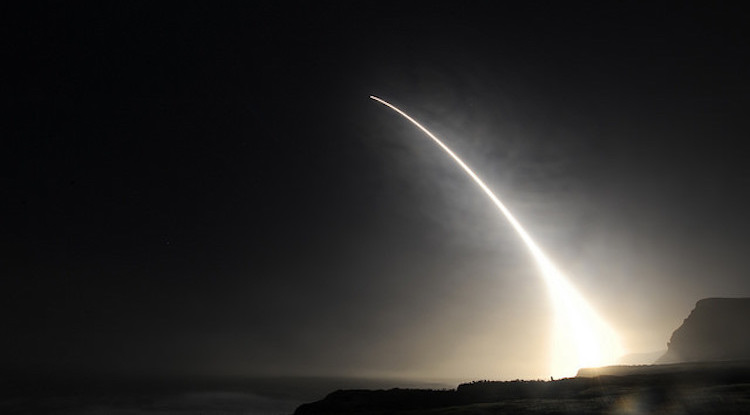By Brian Trautman*
WASHINGTON, D.C. (IDN-INPS) – The United States is the most militarized and jingoistic nation on earth. Its foreign policy is guided by imperialist militarism, neoliberal capitalism and racial xenophobia. For more than sixteen years now, three presidential administrations have carried out a so-called “War on Terror” (GWOT), a perpetual state of war that is waged globally, under the depraved reasoning that “the world is a battlefield,” to quote investigative journalist Jeremy Scahill.
As demonstrated by the invasions of Iraq and Afghanistan, the GWOT is conducted through conventional warfare. More often, however, it is executed through covert or “dirty” wars, against groups and individuals in many other nations.


